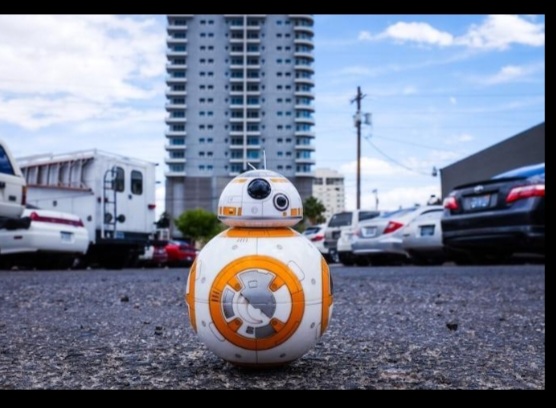Artificial intelligence (AI) is rapidly changing the world, and education is no exception. In Africa, where access to quality education is often limited, AI has the potential to revolutionize learning and make it more accessible to everyone.
There are already several ways that AI is being used in education in Africa. For example, AI-powered chatbots can provide students with personalized tutoring and support, and AI-enabled learning platforms can deliver personalized learning experiences that are tailored to each student’s individual needs.
In addition to providing personalized learning, AI can also be used to improve the efficiency and effectiveness of education. For example, AI can be used to automate tasks such as grading papers and creating lesson plans, freeing up teachers to focus on more important things like providing individualized attention to students.
AI can also be used to address some of the challenges that are unique to education in Africa. For example, AI can be used to provide educational content in local languages, which can help to close the language gap and make education more accessible to students who speak minority languages.
Overall, AI has the potential to make a significant positive impact on education in Africa. By providing personalized learning experiences, improving the efficiency and effectiveness of education, and addressing some of the unique challenges that are faced by African education systems, AI can help to ensure that all children in Africa have access to the quality education that they deserve.
Here are some specific examples of how AI is being used in education in Africa:
Mtabe is an ed-tech startup that uses AI to provide personalized learning to students in Tanzania. Mtabe’s platform uses AI to analyze each student’s learning style and progress and then generates personalized learning content that is tailored to each student’s individual needs.
M-Shule is an ed-tech startup that uses AI to provide educational content and support to students in Kenya. M-Shule’s platform uses AI to track each student’s progress, identify areas where they need additional support, and provide them with personalized learning resources.
Codar Africa is an ed-tech startup that uses AI to help students learn computer science and other technical skills. Codar Africa’s platform uses AI to provide personalized learning content, track student progress, and provide feedback.
These are just a few examples of how AI is being used in education in Africa. As AI technology continues to develop, we can expect to see even more innovative and effective ways to use AI to improve education on the continent.
Click here to read the original article



